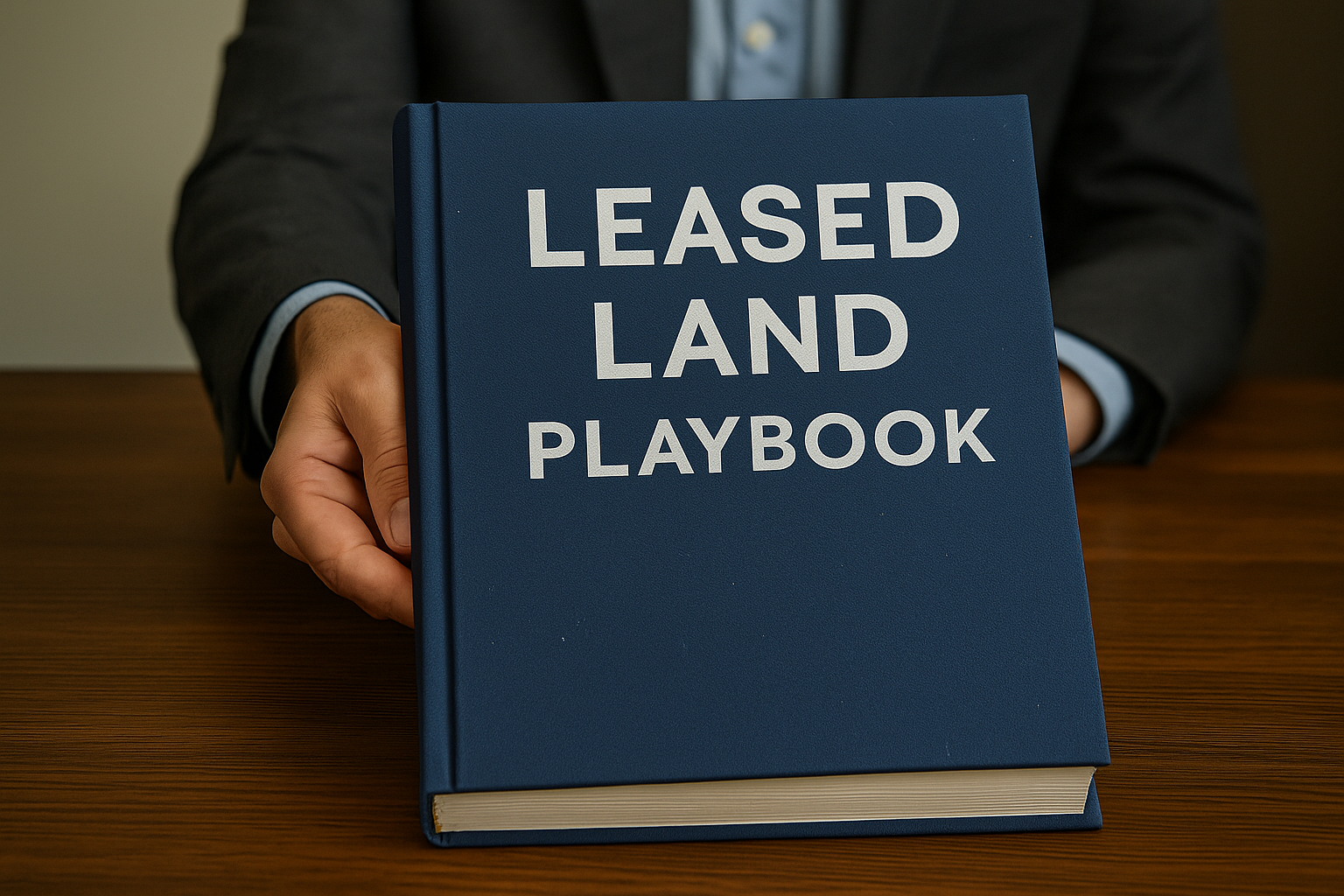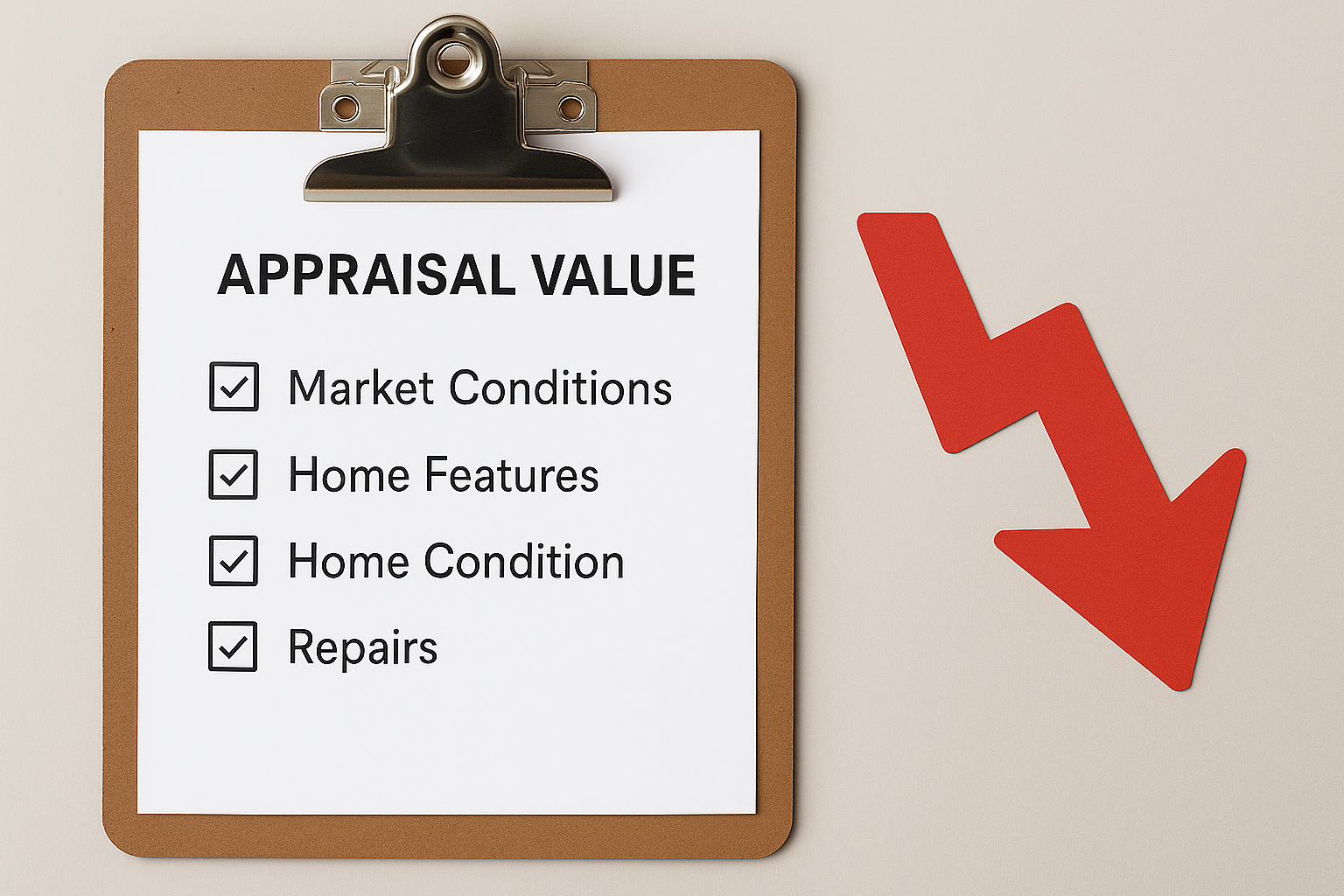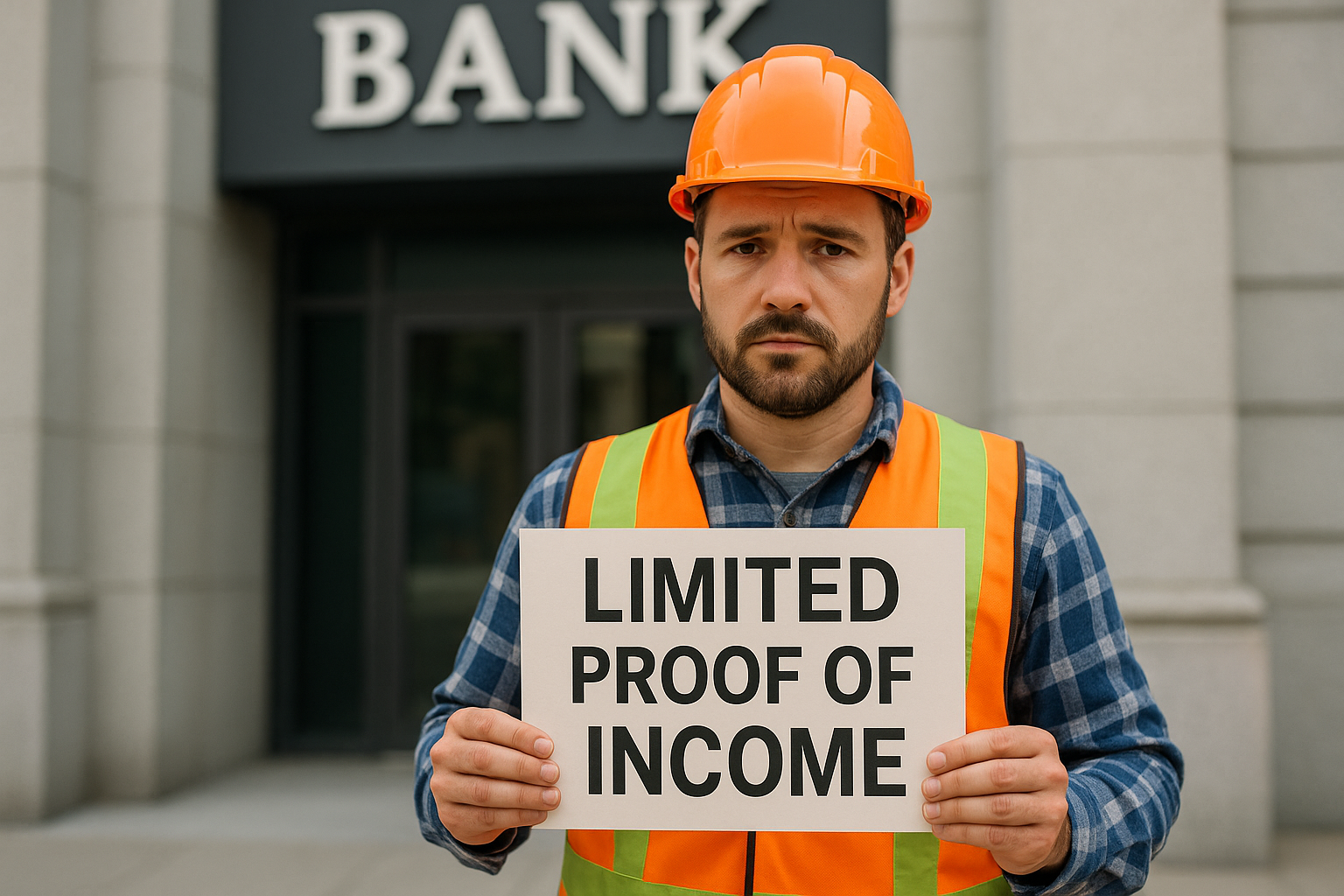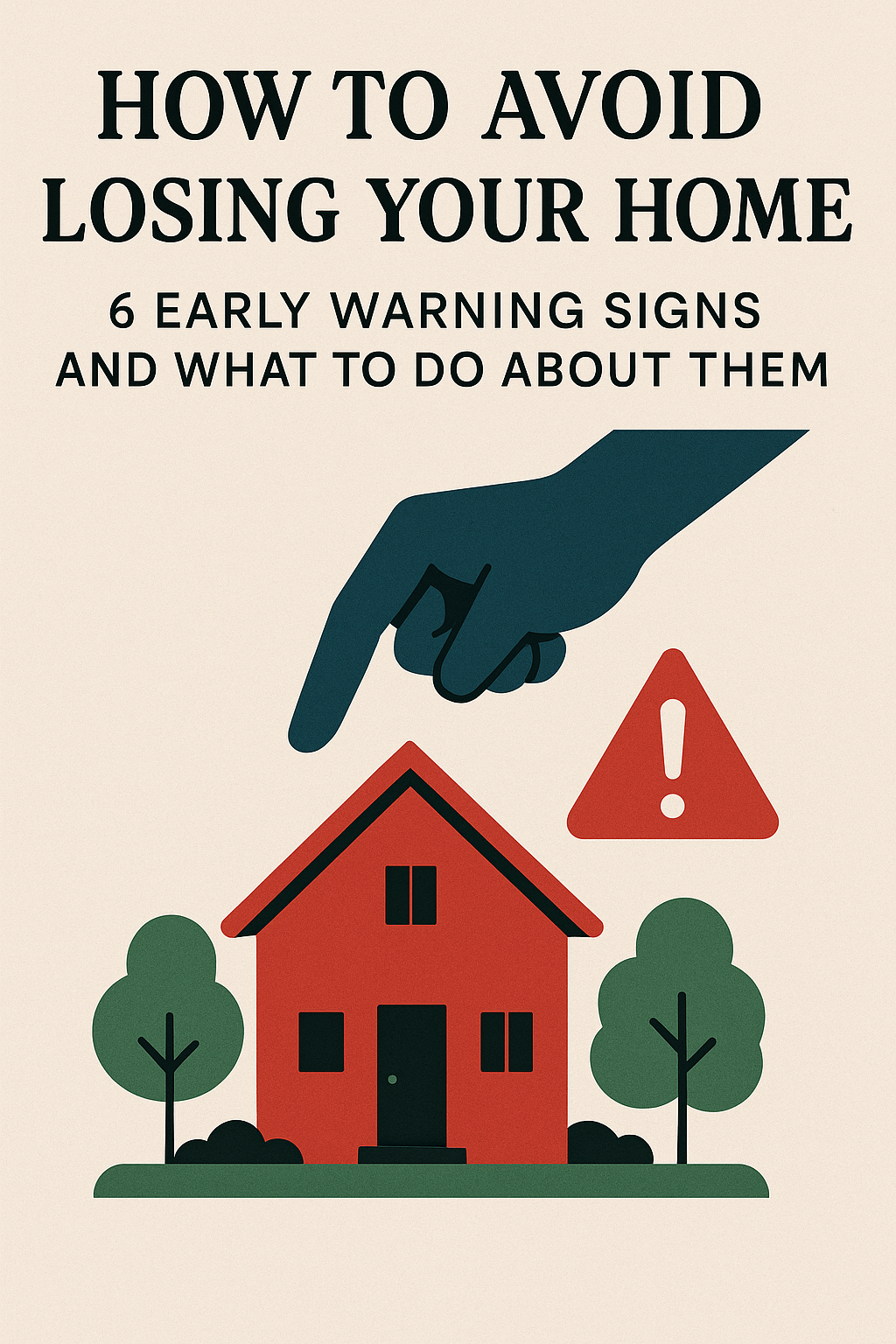Table of Contents
ToggleMortgage Denied? 5 Ways Canadian Homeowners Can Still Secure Financing
Mortgage denied? This is more common than most Canadian homeowners think. While receiving a rejection letter can feel discouraging, it doesn’t mean the dream of homeownership or refinancing is over. Various factors, such as credit score issues, insufficient income, or property problems, could have contributed to the denial. Fortunately, there are several alternative solutions that can help you secure the financing you need. In this article, we’ll explore the common reasons mortgages get denied in Canada and provide five practical solutions for homeowners to still obtain financing.
Introduction: Why Do Mortgages Get Denied?
Mortgage lenders assess several factors when reviewing applications. From creditworthiness to income stability, they’re looking for a profile that minimizes risk. If you’ve received a mortgage denial, you’re not alone — thousands of Canadians face this situation every year. The good news is that many of these denials can be addressed, and solutions are available.
This guide will explain five effective steps you can take if your mortgage application is rejected, focusing on common reasons like bad credit, high debt-to-income ratio, and issues with the property appraisal. Whether you’re purchasing a home or refinancing an existing mortgage, understanding these steps can help you overcome rejection and secure financing.
1. Review and Improve Your Credit Profile
One of the most common reasons for a mortgage denial is a poor credit score. In Canada, lenders generally look for credit scores of 600 or higher. Anything below this can signal risk and result in a rejected application. Even if you’ve been diligent with your payments, you might still have a less-than-perfect credit profile due to factors like high credit utilization or previous late payments.
Key Steps to Take:
- Get a Copy of Your Credit Report: Begin by reviewing your credit report through agencies like Equifax or TransUnion. Look for any errors or discrepancies that could be affecting your score. If you find incorrect information, contact the credit bureau to have it corrected.
- Pay Down Existing Debts: High balances on credit cards and personal loans can drastically affect your credit utilization ratio, which is a key factor in credit scoring. Focus on paying down balances before reapplying.
- Make Timely Payments: Ensuring all your accounts are up-to-date with payments is crucial. Missing payments within six months of reapplying can further lower your chances of approval.
Example:
Sarah, a homeowner in Ontario, was declined for a mortgage due to her credit score of 580. She discovered that a small unpaid bill from years ago was negatively affecting her score. After resolving this and paying down her credit card balance, her score improved to 620, allowing her to secure a mortgage with a B lender.
In Canada, the average credit score among mortgage applicants is 650, but those applying for private mortgages can often qualify with scores as low as 550 or lower.
2. Address Your Debt-to-Income (DTI) Ratio
Your debt-to-income ratio (DTI) is another critical factor that lenders evaluate. In Canada, the DTI should ideally not exceed 44%, meaning your monthly debt payments, including your mortgage, should not be more than 44% of your gross income. If your DTI is too high, it can signal to lenders that you’re over-leveraged, leading to a denial.
Key Steps to Take:
- Pay Off or Consolidate Debt: The first step is to reduce your DTI by paying off smaller debts, like credit cards or personal loans. Consolidating high-interest debt into one manageable payment can also help improve your DTI.
- Increase Your Income: If possible, consider increasing your income through a second job, freelance work, or bonuses. Even a temporary income boost can help bring your DTI ratio to acceptable levels.
Example:
John, a self-employed carpenter, was denied a mortgage because his DTI was too high. By paying off a $5,000 credit card balance and consolidating his remaining debt through a home equity loan, he reduced his DTI to an acceptable range, securing financing with a private lender.
Learn more about how home equity loans can be used for debt consolidation on LendToday.ca’s article, “How To Use A Home Equity Loan For Debt Consolidation.”
Mortgage Denied? Help Tips Continued…
3. Explore Alternative Lenders
If traditional banks deny your mortgage application, don’t worry. Alternative lending solutions, such as B lenders and private lenders, exist for borrowers who don’t meet the stringent criteria of major financial institutions. These lenders offer more flexibility but often come with higher interest rates.
Key Differences Between Lenders:
- B Lenders: These institutions typically cater to borrowers with credit scores between 500-650 or who have inconsistent income. While their interest rates are higher than banks, they offer more flexible approval terms.
- Private Lenders: Private lenders focus more on the equity of the home than on the borrower’s financial profile. They are often the last resort for homeowners who can’t qualify with other lenders, but the trade-off is significantly higher interest rates and shorter loan terms.
Key Considerations:
- Higher Interest Rates: B lenders and private lenders charge higher rates than traditional banks. You’ll need to weigh the cost of these loans versus the necessity of securing financing.
- Shorter Terms: Private mortgage terms are typically one to three years, with the expectation that borrowers will refinance with a traditional lender once their financial situation improves.
Example:
A homeowner in British Columbia was denied by their bank due to a low credit score and inconsistent freelance income. However, a B lender approved them for a mortgage at a slightly higher rate, allowing them to purchase their home while they continued to improve their credit score.
For more information on alternative lending solutions, check out “High Risk Mortgage Solutions in Ontario” on LendToday.ca.
4. Consider a Co-Signer or Joint Mortgage Application
If your credit or income alone isn’t enough to secure a mortgage, consider applying with a co-signer. A co-signer with strong credit and income can help strengthen your application and improve your chances of approval.
Key Points to Consider:
- Liability: The co-signer is equally responsible for repaying the mortgage if you default. This is a significant responsibility, and both parties should understand the risks involved.
- Improving Approval Odds: A co-signer’s strong financial profile can help overcome weak points in your application, like low income or a bad credit score.
Example:
Michael and his partner were denied a mortgage in Alberta due to Michael’s bad credit. By adding his partner’s father as a co-signer, who had a stellar credit history and stable income, they were able to secure a mortgage with favourable terms.
Mortgage Denied? Additional Downpayment Options
5. Increase Your Down Payment
A larger down payment can help mitigate the risk for lenders, especially if your application has other weaknesses like poor credit or a high DTI. In Canada, the minimum down payment is 5% for homes under $500,000, but providing more can improve your chances of approval.
Key Benefits of a Larger Down Payment:
- Lower Loan Amount: A larger down payment reduces the loan-to-value ratio (LTV), which makes your application less risky for lenders.
- More Flexibility: Lenders may be more willing to overlook a slightly lower credit score or inconsistent income if you can provide a larger upfront payment.
Example:
Susan, a homeowner in Vancouver, was denied a mortgage because her credit score was 590. After saving for an additional eight months to increase her down payment from 15% to 20%, she was able to secure a mortgage with a B lender, even with her credit challenges.

Mortgage Denied? A Conclusion
Receiving a mortgage denial can feel like a significant setback, but it doesn’t have to be the end of the road. By reviewing your financial situation, improving key factors like credit and DTI, and exploring alternative lending options, you can still secure financing. Canadian homeowners have access to a variety of options, and with the right approach, it’s possible.
Mortgage Denied FAQ
- Why was my mortgage denied even though I was pre-approved?
Pre-approval is based on a preliminary check of your finances, but lenders conduct a more thorough review during the final approval process. Changes in your credit score, income, or debt can result in a denial. - Can I reapply after being denied for a mortgage?
Yes, you can reapply. It’s advisable to address the reasons for your denial, such as improving your credit score or paying down debt, before submitting a new application. - What credit score is needed to qualify for a mortgage in Canada?
Most traditional lenders require a score of 600 or higher, while alternative lenders may accept scores as low as 450. - How do private mortgage lenders differ from banks?
Private lenders focus more on the property’s value and the equity available rather than your credit or income, offering a solution for high-risk borrowers. - Does a mortgage rejection hurt my credit score?
A mortgage rejection itself doesn’t impact your score, but multiple hard inquiries from mortgage applications can lower your score slightly.
Mortgage Denied? Apply For Help
- Leased Land Mortgages in Ontario: How to Qualify and What to Expect - June 30, 2025
- Hard Money Mortgage Lending in Canada: A Homeowner’s Guide - June 9, 2025
- What is Home Equity and How Does It Work? Learn More 2025 - June 6, 2025






